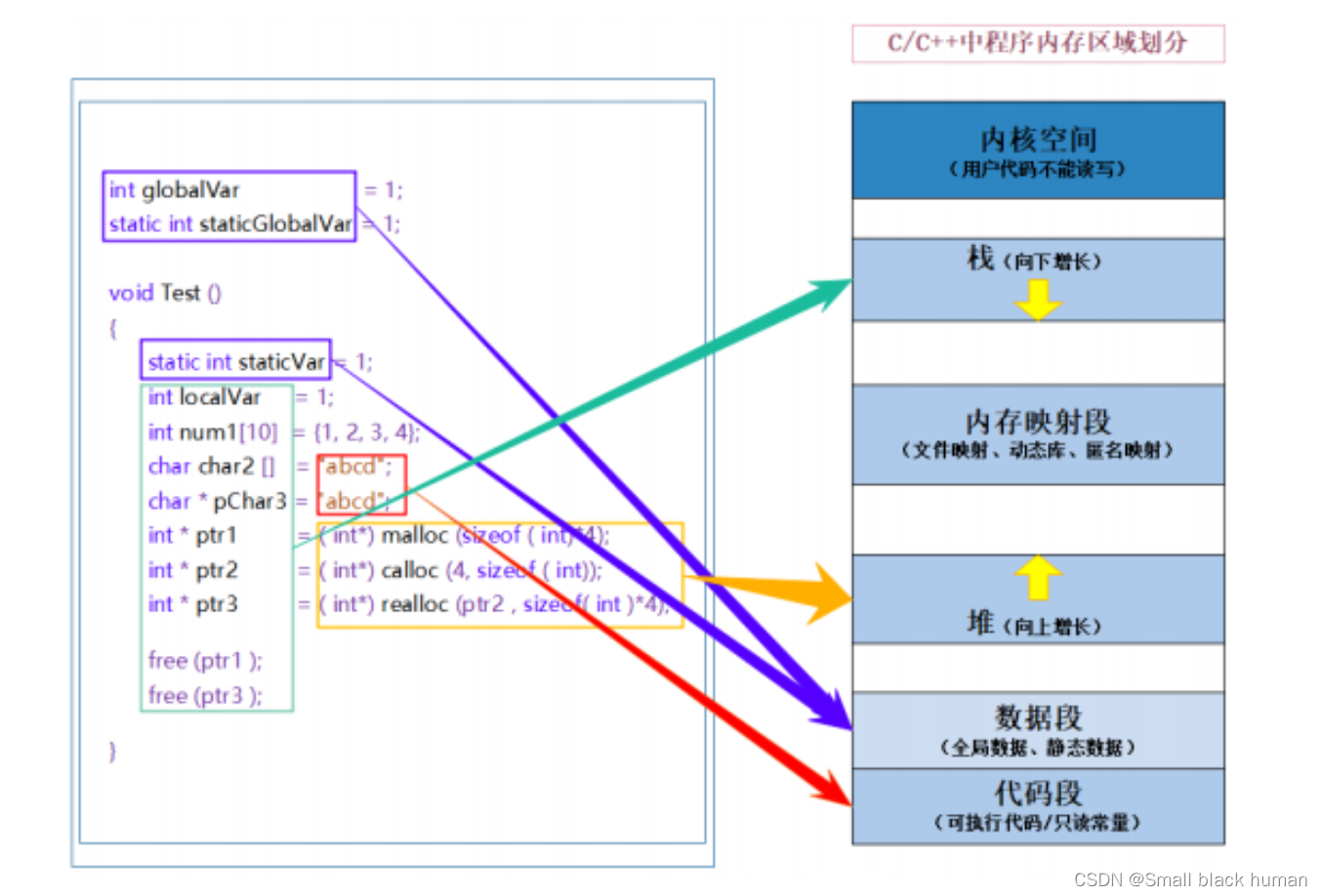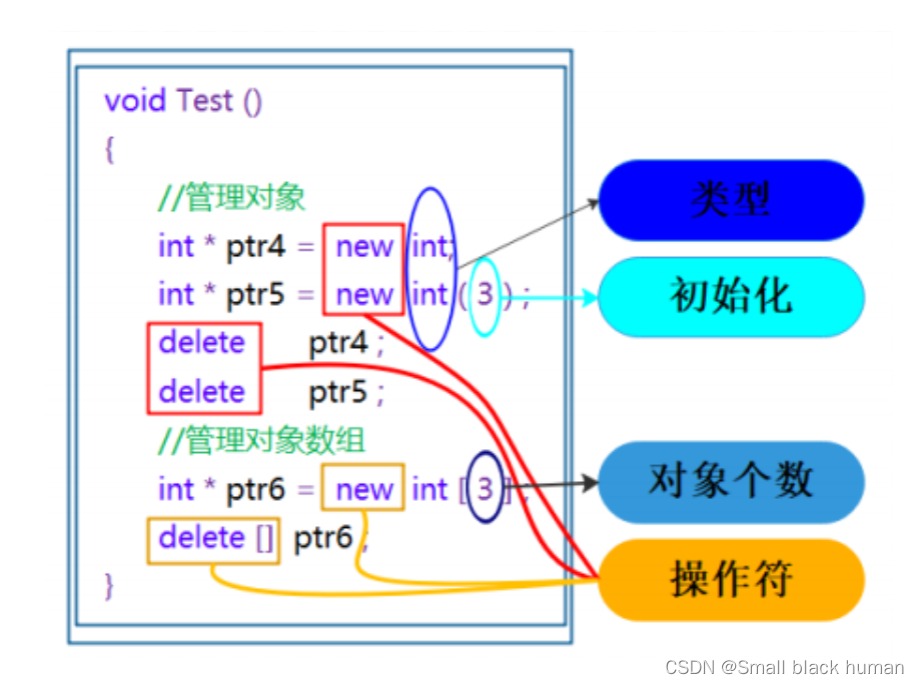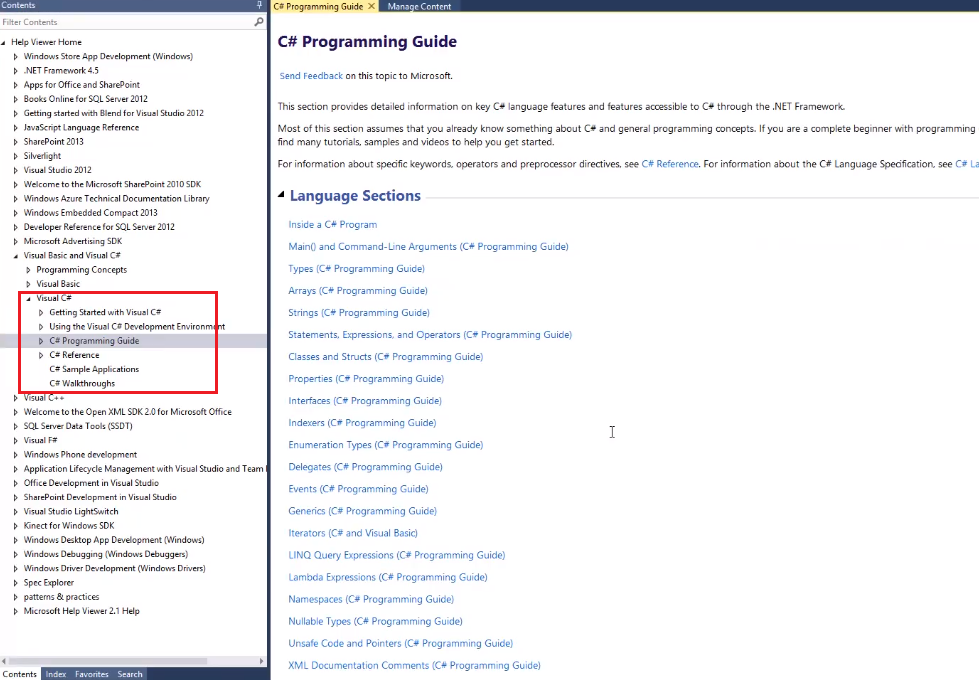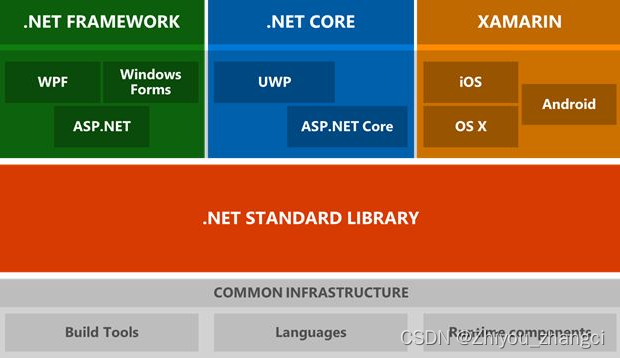本文介绍: int _month;int _day;//此时如果没有默认构造函数会报错free(p1);delete p2;return 0;对于new为自定义类型申请空间,首先回去调用operator new(其实在operator new中封装了malloc),然后在去调用该类构造函数对申请到的空间进行初始化。

二. C语言中动态内存管理方式:malloc/calloc/realloc/free
一.C/C++内存分布

int globalVar = 1;
static int staticGlobalVar = 1;
void Test()
{
static int staticVar = 1;
int localVar = 1;
int num1[10] = { 1, 2, 3, 4 };
char char2[] = "abcd";
const char* pChar3 = "abcd";
int* ptr1 = (int*)malloc(sizeof(int) * 4);
int* ptr2 = (int*)calloc(4, sizeof(int));
int* ptr3 = (int*)realloc(ptr2, sizeof(int) * 4);
free(ptr1);
free(ptr3);
}
1. 选择题:
选项: A.栈 B.堆 C.数据段(静态区) D.代码段(常量区)
globalVar在哪里?____ staticGlobalVar在哪里?____
staticVar在哪里?____ localVar在哪里?____
num1 在哪里?____
char2在哪里?____ *char2在哪里?___
pChar3在哪里?____ *pChar3在哪里?____
ptr1在哪里?____ *ptr1在哪里?____
2. 填空题:
sizeof(num1) = ____;
sizeof(char2) = ____; strlen(char2) = ____;
sizeof(pChar3) = ____; strlen(pChar3) = ____;
sizeof(ptr1) = ____;
3. sizeof 和 strlen 区别?二. C语言中动态内存管理方式:malloc/calloc/realloc/free
void Test ()
{
int* p1 = (int*) malloc(sizeof(int));
free(p1);
// 1.malloc/calloc/realloc的区别是什么?
int* p2 = (int*)calloc(4, sizeof (int));
int* p3 = (int*)realloc(p2, sizeof(int)*10);
// 这里需要free(p2)吗?
free(p3 );
}三. C++内存管理方式
C语言内存管理方式在C++中可以继续使用,但有些地方就无能为力,而且使用起来比较麻烦,因 此C++又提出了自己的内存管理方式:通过new和delete操作符进行动态内存管理。
1.new/delete操作内置类型
void Test()
{
// 动态申请一个int类型的空间
int* ptr4 = new int;
// 动态申请一个int类型的空间并初始化为10
int* ptr5 = new int(10);
// 动态申请10个int类型的空间
int* ptr6 = new int[3];
delete ptr4;
delete ptr5;
delete[] ptr6;
}
2.new和delete操作自定义类型
class A
{
public:
A(int a = 0)
: _a(a)
{
cout << "A():" << this << endl;
}
~A()
{
cout << "~A():" << this << endl;
}
private:
int _a;
};
int main()
{
// new/delete 和 malloc/free最大区别是 new/delete对于【自定义类型】除了开空间
还会调用构造函数和析构函数
A* p1 = (A*)malloc(sizeof(A));
A* p2 = new A(1);
free(p1);
delete p2;
// 内置类型是几乎是一样的
int* p3 = (int*)malloc(sizeof(int)); // C
int* p4 = new int;
free(p3);
delete p4;
A* p5 = (A*)malloc(sizeof(A)*10);
A* p6 = new A[10];
free(p5);
delete[] p6;
return 0;
}四.C语言中的动态开辟内存空间和C++中的区别
1.对于开辟内置类型
2.对于开辟自定义类型
#include <iostream>
using namespace std;
class Date
{
friend ostream& operator<< (ostream& cout, const Date& d);
public:
Date(int year = 2023,int month = 12, int day = 31)
{
_year = year ;
_month = month;
_day = day ;
}
private:
int _year;
int _month;
int _day;
};
int main(void)
{
Date* p1 = (Date*)malloc(sizeof(Date));
Date* p2 = new Date; //此时如果没有默认构造函数会报错
free(p1);
delete p2;
return 0;
}
ostream& operator<< (ostream& cout, const Date& d)
{
cout << d._year << " " << d._month << " " << d._day << endl;
return cout;
}new(p1)A;
p->~A();
原文地址:https://blog.csdn.net/weixin_52159554/article/details/134767694
本文来自互联网用户投稿,该文观点仅代表作者本人,不代表本站立场。本站仅提供信息存储空间服务,不拥有所有权,不承担相关法律责任。
如若转载,请注明出处:http://www.7code.cn/show_39346.html
如若内容造成侵权/违法违规/事实不符,请联系代码007邮箱:suwngjj01@126.com进行投诉反馈,一经查实,立即删除!
声明:本站所有文章,如无特殊说明或标注,均为本站原创发布。任何个人或组织,在未征得本站同意时,禁止复制、盗用、采集、发布本站内容到任何网站、书籍等各类媒体平台。如若本站内容侵犯了原著者的合法权益,可联系我们进行处理。






